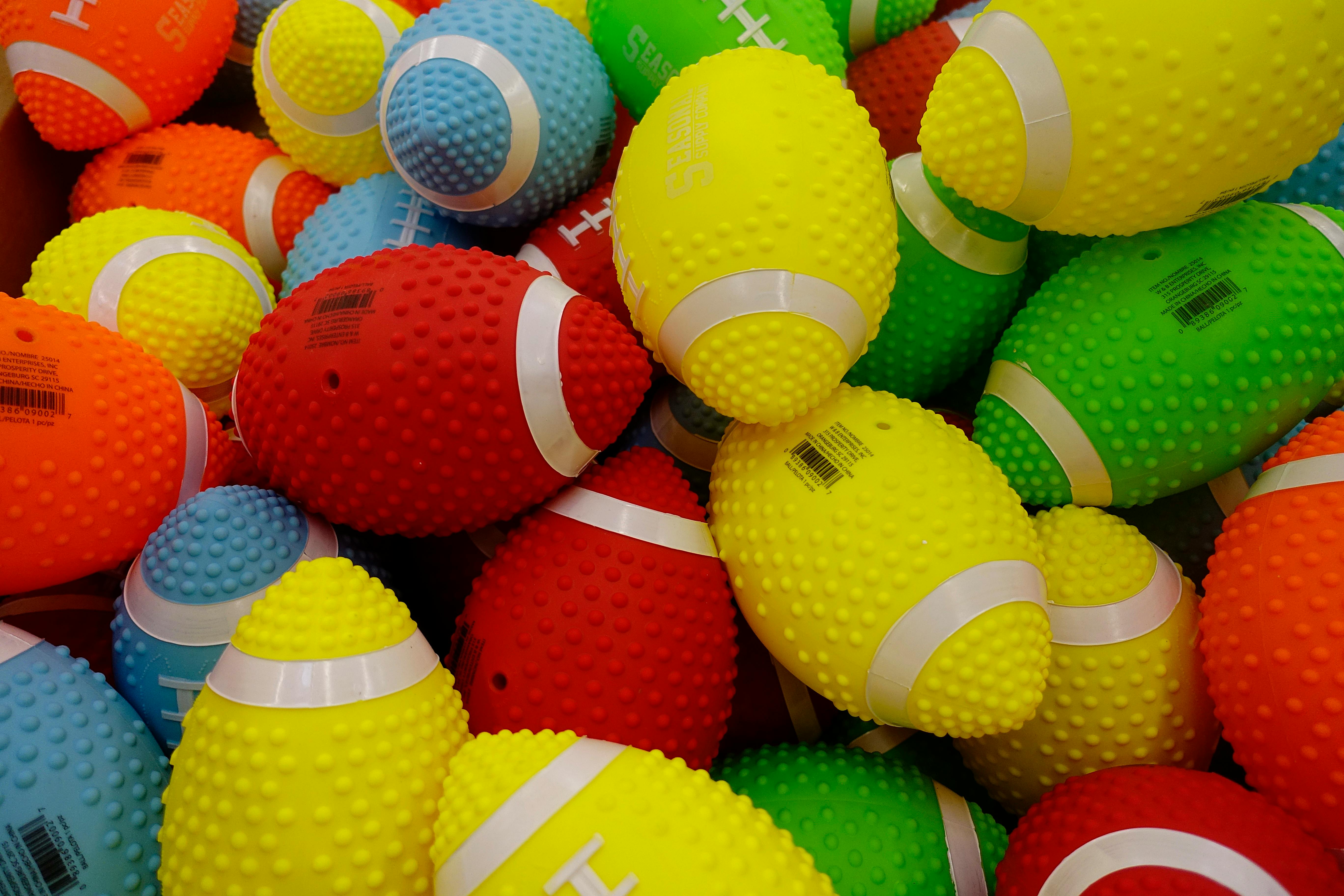
Understanding How to Unblock Ears from a Cold
Everyone experiences the uncomfortable feeling of blocked ears, especially during a cold. It's caused by congestion that can trap fluid and pressure in the ear, leading to various symptoms from muffled hearing to pain. In 2025, finding effective methods to relieve ear blockage has become vital for many, especially in cold and flu seasons. This article explores various remedies for blocked ears, including home treatments, decongestants, and lifestyle changes that can help manage ear issues effectively.
By implementing these strategies, you can alleviate discomfort and improve ear health after a cold. The importance of addressing ear blockage from a cold extends beyond immediate relief; it ensures that your daily activities and bonding experiences are not hindered by discomfort. Below, we will share essential tips and advantages of the various techniques available.
Key takeaways include understanding the connection between nasal congestion and ear blockage, utilizing effective home remedies, and learning about preventative measures to maintain ear health. Let's dive in!
Essential Remedies for Blocked Ears
Having an effective toolkit for relieving ear blockage can empower you to address discomfort promptly. One of the top remedies includes using nasal sprays for ear relief, which can significantly reduce congestion. Nasal sprays can help clear mucus from the nasal passages, thus alleviating pressure in the ears.
Another widely recommended method is steam inhalation for nasal congestion. Inhaling steam from hot water can moisten nasal passages and promote drainage, easing ear pressure. This approach is both simple and soothing, making it a popular choice for many seeking relief.
For those with ear pain, a warm compress for ear pain can provide instant comfort. Applying a heated cloth or a hot water bottle against the ear can help reduce discomfort. The warmth helps alleviate pain and improve blood circulation in the area.
Don't forget about hydration! Keeping your body hydrated can reduce mucus production, making it easier to manage ear congestion. Additionally, other remedies such as Mucinex for sinus and ear pressure can enhance relief as it helps thin mucus secretions.
Incorporating remedies such as essential oils for ear discomfort, like eucalyptus or peppermint, can also work wonders. When used correctly, these oils help open up the airways, allowing for better airflow and pressure equalization.
How to Use Decongestants for Ear Blockage
Several over-the-counter decongestants for ear blockage can help in restoring ear health. These medications aim to shrink swollen nasal tissues that lead to congestion. It’s essential to be aware of the precautions while taking antihistamines for allergic rhinitis, particularly before engaging in activities that may worsen congestion.
Utilizing an appropriate decongestant not only aids in ear relief but also assists in alleviating sinus discomfort. Be cautious about combining decongestants with herbal teas for congestion relief or other medications without professional advice.
For ear blockage, especially during cold and allergy seasons, keeping a routine for ear health, including regular check-ups, can prevent serious issues. Moreover, if you find that your symptoms persist, consulting healthcare providers for ear discomfort is crucial.
Moreover, if you find that your symptoms persist, consulting healthcare providers for ear discomfort is crucial.
Exercises and Techniques for Ear Pressure Relief
Engaging in effective exercises to relieve ear pressure can make a significant difference. Techniques like yawning to open ear canals can help equalize pressure, giving immediate relief. Swallowing techniques for ear pressure relief, such as taking small sips of water, can stimulate the Eustachian tubes, helping to alleviate blockage effectively.
It's important to incorporate these techniques into your routine; frequency of ear pressure relief techniques matters. Try the Valsalva maneuver, where you pinch your nose, close your mouth, and gently blow, ensuring not to overdo it as it can cause additional discomfort. Incorporating neck exercises for relieving ear pressure can also release fluid build-up that might be causing discomfort.
Your overall lifestyle can play a substantial role. Elevation techniques for ear pressure, especially while sleeping, can prevent fluid accumulation. It is advisable to keep your head raised at night if you are prone to ear issues during and after a cold. 
Professional Advice on Ear Issues and Preventative Measures
For chronic issues, seeking professional advice for ear problems is essential. Regular check-ups can help identify and manage underlying conditions that may contribute to ear blockage, such as Eustachian tube dysfunction or allergies.
Maintaining healthy habits for ear maintenance, such as avoiding exposure to cold air and irritants, can support ear health in the long run. In particular, allergy management for ear health is crucial, as allergens can exacerbate congestion and lead to ongoing issues with blocked ears.
For many, understanding the relationship between colds and ear health can assist in early interventions. For example, using a humidifier for nasal passages assists in keeping the air moist, reducing inflammation and irritation in the ears.
Lastly, engaging in lifestyle changes for improved ear health, such as incorporating probiotic benefits for health and exploring holistic approaches for treating ear conditions, can lead to overall better ear health outcomes.
Conclusion: Managing Cold-Related Ear Issues Effectively
In summary, effectively managing ear blockage from a cold in 2025 involves utilizing a comprehensive approach. By employing remedies such as nasal sprays, steam inhalation, and warm compresses, you can significantly alleviate discomfort. Regular practices like yawning, swallowing techniques, and exercises for pressure relief further enhance your well-being.
It's also important to be proactive: recognizing symptoms of severe blockage and seeking timely interventions can help you avoid complications. Understanding how to unblock ears from a cold expands your knowledge of ear health, ensuring that you can enjoy life to the fullest despite seasonal ailments.
Each of these strategies not only aids in relief but also helps establish a solid routine for future ear health. With the right approach, blocked ears can become a thing of the past.